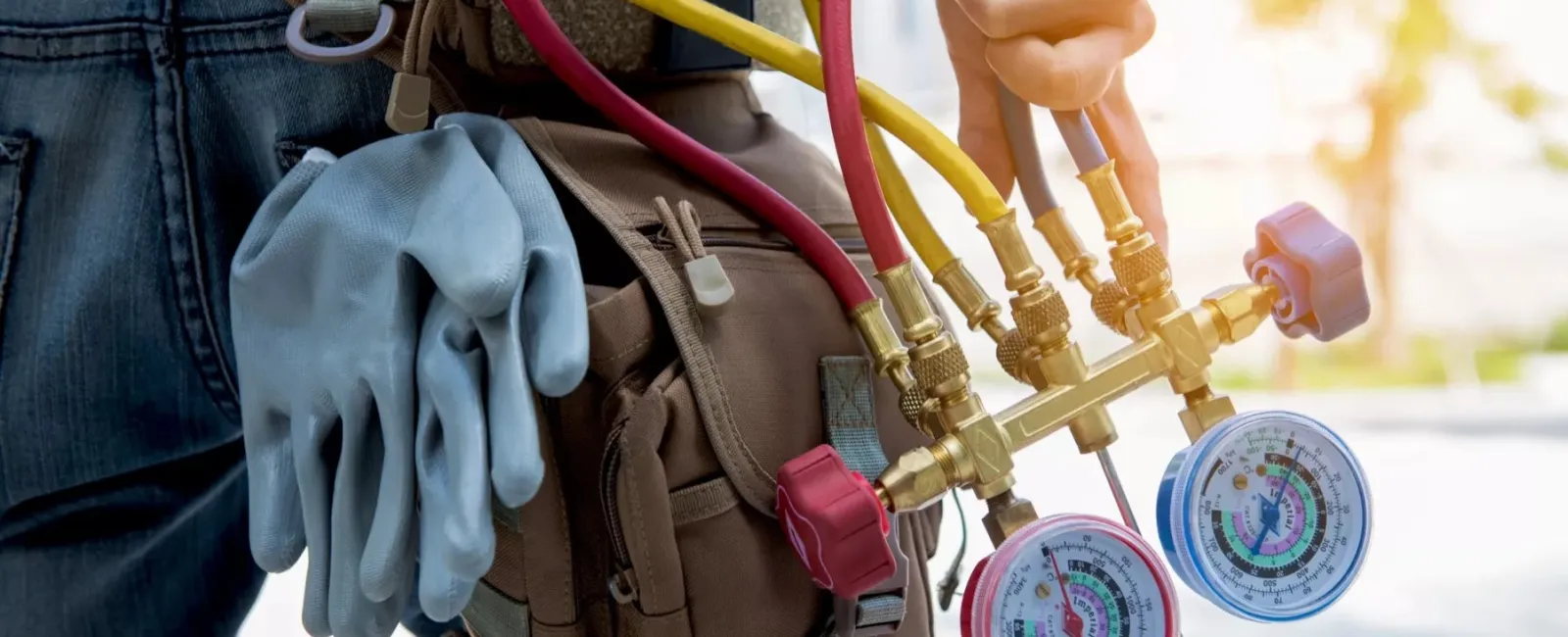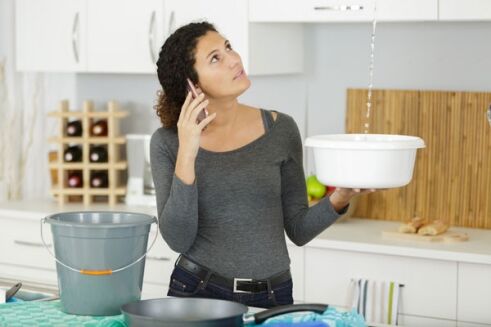Managing Emergency Plumbing Issues: Quick Solutions Until Expert Help Arrives
Managing Emergency Plumbing Issues: Quick Solutions Until Expert Help Arrives
Blog Article
How do you really feel on the subject of What to Do While Waiting for an Emergency Plumber?

Pipes emergencies can strike at any moment, causing stress and possible damages to your home. Whether it's a burst pipe, a clogged drain, or a dripping tap, understanding how to manage the situation till a professional plumber arrives can conserve you from more difficulties. This short article offers crucial emergency situation plumbing pointers to assist you mitigate damages and gain back control during a plumbing situation.
Turn Off the Water
The initial step in any pipes emergency situation is to shut down the supply of water. For local problems, such as a leaking tap or bathroom, turn off the shutoff near the component. In the case of a significant leakage or burst pipeline, find your home's main water shut-off shutoff and turn it off immediately. Recognizing the place of these valves in advance can save beneficial time throughout an emergency.
Address Tiny Leaks with Temporary Repairs
Small leakages can rapidly come to be significant issues if left unattended. Make use of these short-term solutions until specialist help gets here:
While these fixes aren't long-term, they can assist minimize water loss and damages.
Unclog Drains Securely
A blocked drainpipe can be a discouraging and untidy issue. Right here's how to tackle it:
If these approaches don't work, prevent making use of excessive force, as it might aggravate the clog.
Take Care Of Overflowing Toilets
An overruning toilet can trigger instant disorder. Below's what you should do:
Shut Off Your Water Heater
In certain emergencies, such as a burst pipeline, it's important to shut off your water heater. This stops overheating or damage to the unit when water stops streaming. Switch off the power supply to the hot water heater (electrical or gas) and let it cool down to stay clear of possible threats.
Momentarily Quit a Ruptured Pipeline
A ruptured pipeline can bring about substantial water damages in mins. To alleviate the problem:
Call a specialist plumber instantly to attend to the problem permanently.
Take Care Of Frozen Piping Thoroughly
In colder environments, frozen pipes are an usual emergency situation. If you think an icy pipeline:
Prevent More Damage
Taking fast action to minimize damage can conserve you time and money in the future. Here's how:
. Have an Emergency Pipes Kit
Prepare a standard plumbing emergency situation set to take care of minor concerns efficiently. Your package ought to consist of:
Having these tools handy can make a significant difference in your ability to handle emergencies.
Know When to Call a Specialist.
While quick fixes can help briefly, certain plumbing problems require prompt expert attention. Call a plumbing professional if:.
Quickly speaking to an expert makes certain the issue is fixed appropriately and stops further problems.
Verdict.
Plumbing emergencies can be frustrating, but with the best expertise and devices, you can manage the circumstance properly until assistance shows up. By switching off the water supply, addressing little leakages, and making use of short-term repairs, you can decrease damage and keep your home safe. Remember, these suggestions are momentary options; always speak with an accredited plumbing professional to handle the root cause of the issue. Preparation and fast reasoning are your ideal allies in any pipes emergency.
8 Helpful Tips for Managing Plumbing Emergencies at Home
If your plumbing system hasn’t failed once, wait for it because almost everyone has a story to tell. Sometimes, it could be simple emergencies such as a leaking pipe, a blocked cistern, or even a big burst pipe. In situations like this, you need to have some handy tips to save you some money and from possible damages.
Take care of minor issues early.
Sometimes, you could have avoided an emergency by taking proactive measures while it was still early. Some major plumbing emergencies can be a result of an ignored minor issue. We recommend that you have items like plumbing tapes and other related items. A plumbing tape can allow you to manage minor leaks before the plumber arrives.
Cut off the water supply.
This tip is essential in almost any type of leakage problem. For problems like minor leakages in the toilet or kitchen, turn off the supply that takes water to the affected pipes. If the leakage is a major pipe, you must shut off the supply valve to the entire building. This will help you avoid flooding your home and neighbors if you share a flat.
Know your plumbing system
Folks typically move into a new apartment without understanding the water supply around the building. This can prove disastrous if a water emergency arises and the plumber is far away. The previous tip will prove useless if you don’t practice this one. More importantly, know where your water shut-off valve is located – you’ll need that knowledge to prevent potential home floods.
Have some common handy tools
There are lots of plumbing emergencies that you can handle without hiring a plumber. That’s why you must keep some tools available always. Some tools that you can use to fix simple plumbing emergencies easily include plumbing tapes, screwdrivers, thread seal tapes, plungers, pliers, tape measures, and rubber gloves.
Insulate your pipes from cold
You’ll save yourself from many plumbing expenses if you protect your water pipes from the cold. This is because of the harmful effects that cold weather can have on your pipes. During winter, your pipes can burst from being overly expected to freezing temperatures. So, make sure insulators are there to keep the pipes working correctly.
Avoid practices that will clog your toilet.
Many people indulge in practices that can damage the plumbing system of the entire building. One of these is when they use their toilet to dispose-off garbage. They flush all kinds of things, such as paper towels, bandages, hairs, female sanitary products, etc., down the toilet. This will block your toilet in the long run, incurring unnecessary expenditures. Dump such waste in the trash instead.
Check your dials regularly.
Sometimes, there could be leakages in your home without noticing them in time. So, constantly monitor your water meter dial. If the dial is reading when there is nobody using water, this is an indicator that there is leaking. Check for leaks immediately. Call a plumber as soon as possible if you can’t find any.
https://www.constructionplacements.com/8-helpful-tips-for-managing-plumbing-emergencies-at-home/

I'm certainly very fascinated with What to Do During a Plumbing Emergency and I really hope you enjoyed reading our article. Those who enjoyed our post if you please make sure you remember to pass it around. I value your readership.
Visit Our Website Report this page